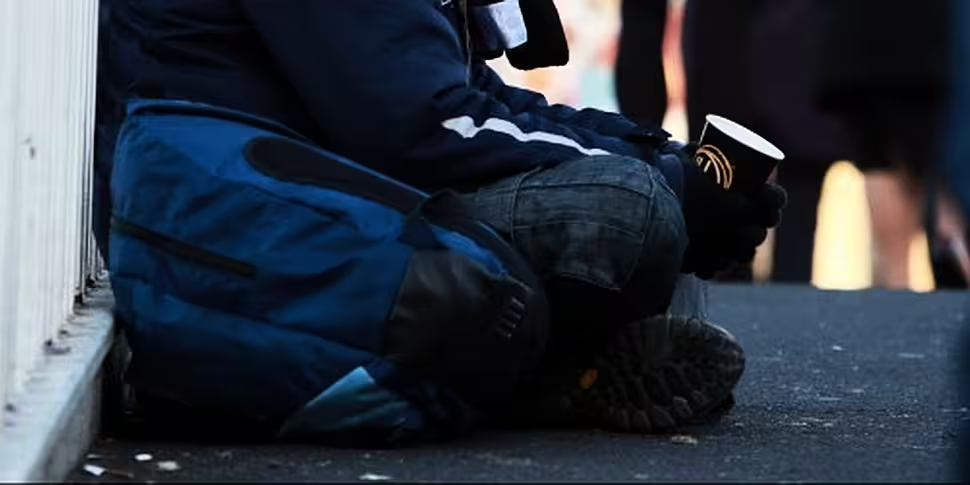A new report has found that parents in families who were previously homeless fear the experience may have long-term impacts on their children.
The report, Commissioned by Focus Ireland, also outlines how parents who were homeless for longer periods of time reported greater long-term impacts on their children.
The homeless charity has also announced that so far this year, its Family Homeless Action Team (HAT) has supported over 300 families to move out of homelessness.
The charity says this report will help it to refine its services "to help greatly reduce and eliminate any longer term impact on children who have been homeless."
The findings indicate that younger children appeared to recover more quickly than older children.
Some of the impacts of homelessness for older children only started to emerge after they moved to their new home.
The report also shows the strain that becoming homeless can cause on the family unit and relationships.
'Greatest fear'
Parents said their greatest fear was that their children have been exposed to activities such as drunkenness, drug taking, rows and violence involving other residents of the homeless emergency accommodation.
Parents also said the children would never have been exposed to these actives if they had not been in homeless emergency accommodation.
Parents spoke openly about the impact homelessness had on their own mental health, their relationships with their partners and the impact of this on their children.
All the parents said that being homeless had had a negative impact on the relationships between parents and with children.
They identified problems in some emergency accommodation and a lack of support in dealing with these issues.
While many had sought psychological support during their period of homelessness, none of them had received it.
Recommendations
The families also acknowledged the support they received from volunteers from the Society of Saint Vincent De Paul, which provided a range of supports including money, moral support and help with educational needs. In addition to a greater urgency in providing new social housing, the researchers recommendations included:
The report was carried out by independent researchers Dr Kathy Walsh and Brian Harvey on behalf of Focus Ireland, and involved interviews with 25 families that had been homeless for periods between three months and two years.
Focus Ireland says: "The recommendations made in the report will see the charity take additional steps to help lessen the long-term impact being homeless has on the family unit - and children.
"The families in the report highlighted the support they received which helped them to move on from being homeless and secure a home."
These supports included Focus Ireland, the Society of the Vincent de Paul,their local authority and the Department of Social Protection.
The majority of the families reported that their Focus Ireland key support worker played a central role in helping them their family to escape homelessness.
Focus Ireland CEO Ashley Balbirnie says: "This study is the first time we have gone back to 25 of the families who have helped to secure a home and asked them what they thought of our services.
"The researchers asked parents what could have been done better and most importantly what each parent thought had been the impact of homelessness on their children."
He adds: "However, this report shows that a period of homelessness can often have longer term impact on families and family life in general.
"This report begins to sketch out in very practical terms the kind of supports that would help families reduce the negative impact of homelessness.
"It is clear of course that preventing homelessness is the best response but the reality is that while we manage to help one family a day to secure a home another two or three become homeless the same day.
"While this crisis continues we need to listen carefully to parents and refine our services to meet their needs and those of their children."
The researchers recommendations included:
- More effective measures to prevent homelessness in the first place
Ending of the practice of 'self-accommodation', in which families who are homeless are required to source their own emergency accommodation which is then paid for by the local authority
An independent appeals system to prevent families being removed from the housing list without their knowledge or consent
Changes in the practices of some local authorities, such as daily signing in









